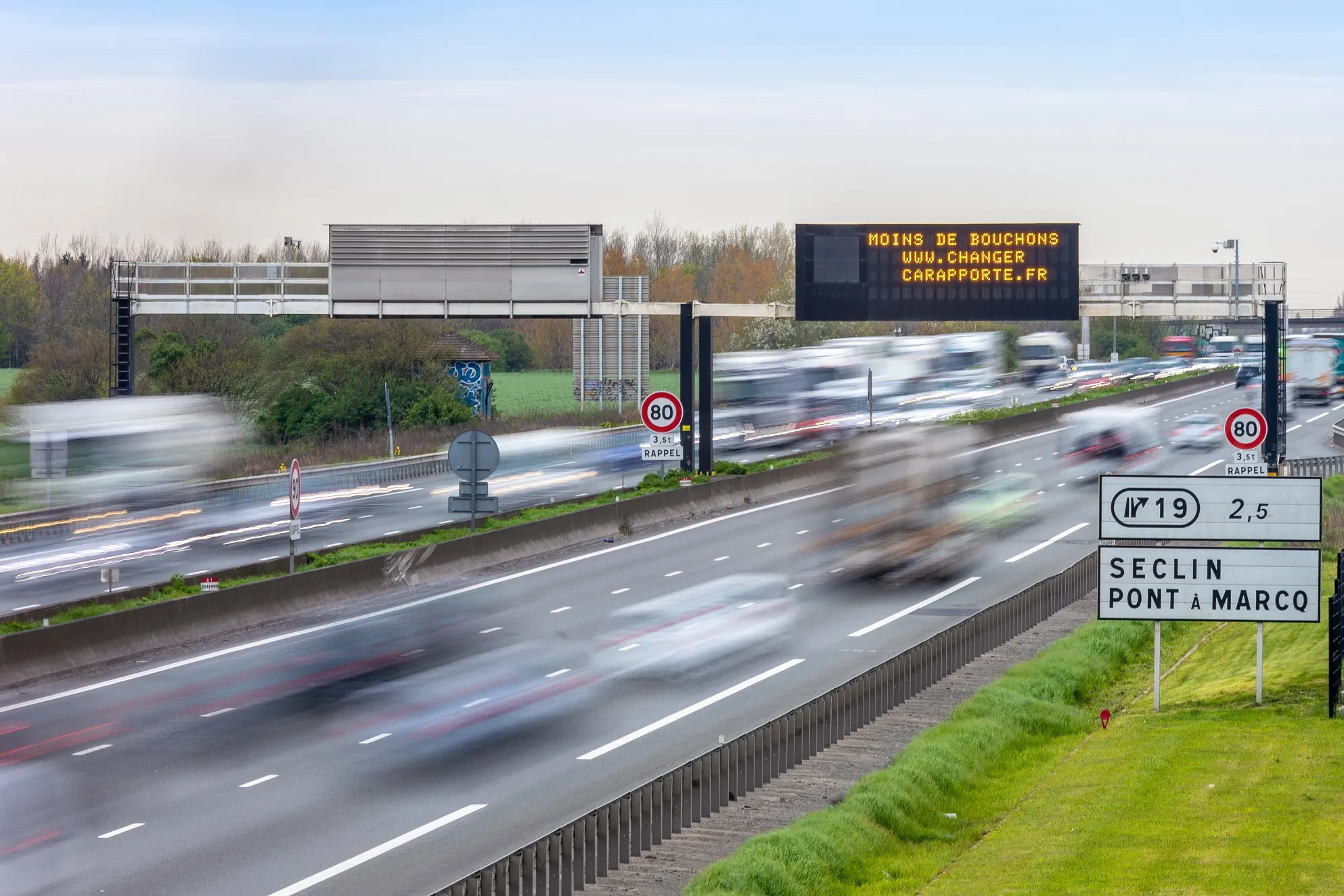Part of the Finnish intelligent transportation strategy, a new booking service for Russia-bound traffic at the Vaalimaa border crossing point in Finland aims to evaluate ways of reducing future peak-hour traffic, with the objective of streamlining traffic flow and increasing road safety by smoothing traffic volumes.
The service becomes available for freight traffic on 15 December and for passenger traffic on 19 January 2015. The service is free of charge for users and is mandatory for all drivers using t
December 4, 2014
Read time: 2 mins
Part of the Finnish intelligent transportation strategy, a new booking service for Russia-bound traffic at the Vaalimaa border crossing point in Finland aims to evaluate ways of reducing future peak-hour traffic, with the objective of streamlining traffic flow and increasing road safety by smoothing traffic volumes.
The service becomes available for freight traffic on 15 December and for passenger traffic on 19 January 2015. The service is free of charge for users and is mandatory for all drivers using the Vaalimaa border crossing point only and travelling from Finland to Russia.
Drivers can book in advance online, at self-service kiosks or via a 24/7 call centre, or they can join the live queue at the self-service terminal at Vaalimaa. Cameras will identify the licence plate of vehicles booked in advance.
The project was developed by the Centre for Economic Development, Transport and the Environment (ELY) and the Finnish Transport Agency, and is hosted by GoSwift. It also involves the Customs, Finnish and Russian Border Guards and the Ministry of Transport and Communications.
According to project manager Jyrki Järvinen of the ELY for south-east Finland, “the electronic booking system is a less expensive way to ease traffic congestion than construction of new roads and lanes.”
The service becomes available for freight traffic on 15 December and for passenger traffic on 19 January 2015. The service is free of charge for users and is mandatory for all drivers using the Vaalimaa border crossing point only and travelling from Finland to Russia.
Drivers can book in advance online, at self-service kiosks or via a 24/7 call centre, or they can join the live queue at the self-service terminal at Vaalimaa. Cameras will identify the licence plate of vehicles booked in advance.
The project was developed by the Centre for Economic Development, Transport and the Environment (ELY) and the Finnish Transport Agency, and is hosted by GoSwift. It also involves the Customs, Finnish and Russian Border Guards and the Ministry of Transport and Communications.
According to project manager Jyrki Järvinen of the ELY for south-east Finland, “the electronic booking system is a less expensive way to ease traffic congestion than construction of new roads and lanes.”









